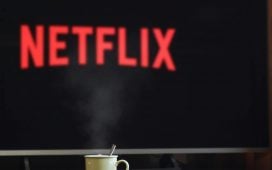Esports World Cup, Al Qiddiya, Riyadh.
The first Esports World Cup is being hosted in Riyadh, Saudi Arabia and will run through 25 August. While the event hosts thousands of visitors to witness the first gaming world cup, the event has also secured broadcast partnerships with 59 platforms.
These platforms include OTT streaming platforms, as well as traditional broadcast media channels. Coverage of the Esports World Cup is broadcast in over 30 languages around the world, providing a new opportunity to advertisers in the gaming industry.
Ralf Reichert, CEO of the Esports World Cup Foundation, shares insights with
To continue reading this article you need to be registered with Campaign. Registration is free and only takes a minute. Register Now or sign in below if you already have an account.









